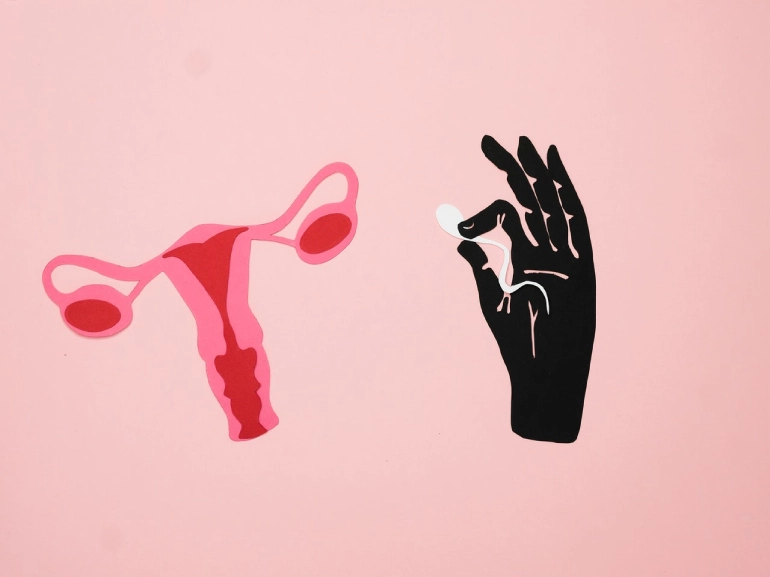Have you ever woken up with a puffy face? Or noticed that your face is swollen after a long cry? There are many possible reasons why your face might be swollen. This blog post will explore six potential causes of facial swelling and the best treatments for each.
Allergies
If you wake up with a swollen face, it could be due to allergies. Allergies are a common cause of swelling, and they can be triggered by all sorts of things, from pollen to dust to certain foods. If possible, the best way to treat allergic swelling is to avoid the allergen. If you think you might be allergic to something, the best thing to do is to see an allergist for testing. Once you know what you’re allergic to, you can avoid exposure and get effective allergy treatment. With the proper treatment, you can get your allergies under control and enjoy a symptom-free life.
Crying
Have you ever noticed that your face looks swollen after a good cry? That’s because when you cry, the tears travel from your tear ducts to your lymph nodes. The lymph nodes are responsible for filtering out bacteria and other toxins from your body, so they can become enlarged while working overtime. Fortunately, the swelling should go down within a day or two.
Try to take some deep breaths, drink lots of water, and practice mindfulness techniques to help calm yourself down. If the swelling persists after a few days, it’s best to consult your doctor.
Dehydration
Dehydration can cause your body to retain water, leading to puffiness on your face and under your eyes. When your body doesn’t have enough fluids, it starts to hold on to what it does have, causing the blood vessels to swell. This can lead to a puffy or bloated appearance, dry skin, and wrinkles. While it’s essential to stay hydrated for overall health, it’s vital if you’re trying to avoid a swollen face. So make sure to drink plenty of water throughout the day, and cut back on diuretics like caffeine and alcohol. If you’re still struggling with a swollen face, talk to your doctor about other possible causes and treatment options.
Hormones
Fluctuations in hormones can cause facial swelling, especially in women during pregnancy, menopause, and PMS. During puberty, the body goes through many changes, and the hormone levels fluctuate wildly. This can cause many side effects, including acne and swollen face. Additionally, many women experience swelling in their faces during pregnancy due to increased hormone levels. While this is usually nothing to worry about, it can be uncomfortable.
If you are concerned about the swelling, talk to your doctor. They will be able to help you determine the cause and find a solution that works for you. If you’re experiencing hormonal swelling, there’s not much you can do to treat it besides wait it out until your hormone levels return to normal. However, some home remedies may help reduce the swelling, such as drinking chamomile tea or applying a cold compress to your face.
Sinus Infections

When your sinuses become infected, they swell and press against the thin walls of your facial cavities. This can cause several symptoms, including a swollen face. While sinus infections are usually not serious, they can be very uncomfortable. In addition to a swollen face, you may experience a stuffy nose, headaches, and fatigue. If you have a sinus infection, you must see your doctor. They can give you antibiotics to get rid of the disease, but there are also some things you can do at home to make yourself feel better. Drink lots of fluids, so your mucus isn’t as thick. You can also use a humidifier to add moisture to the air. And try to avoid irritants, like smoke and pollution, that can aggravate your symptoms.
Surgery
After any type of surgery—including cosmetic procedures like facelifts—it’s normal for the face to swell as it heals. The swelling will usually go down within a few days or weeks after surgery. In some cases, however, the swelling may be permanent. During your consultation with a plastic surgeon, ask about potential side effects and risks before surgery.
The bottom line
If you’re experiencing facial swelling, there could be many causes—from allergies to sinus infections to surgery recovery. However, there are also many other treatments available depending on the cause of the swelling. In most cases, the swelling will go down on its own within a few days or weeks; however, if the swelling persists for more than two weeks or is accompanied by other symptoms like fever or pain, it’s essential to see a doctor, so they can determine the underlying cause and provide proper treatment accordingly.



